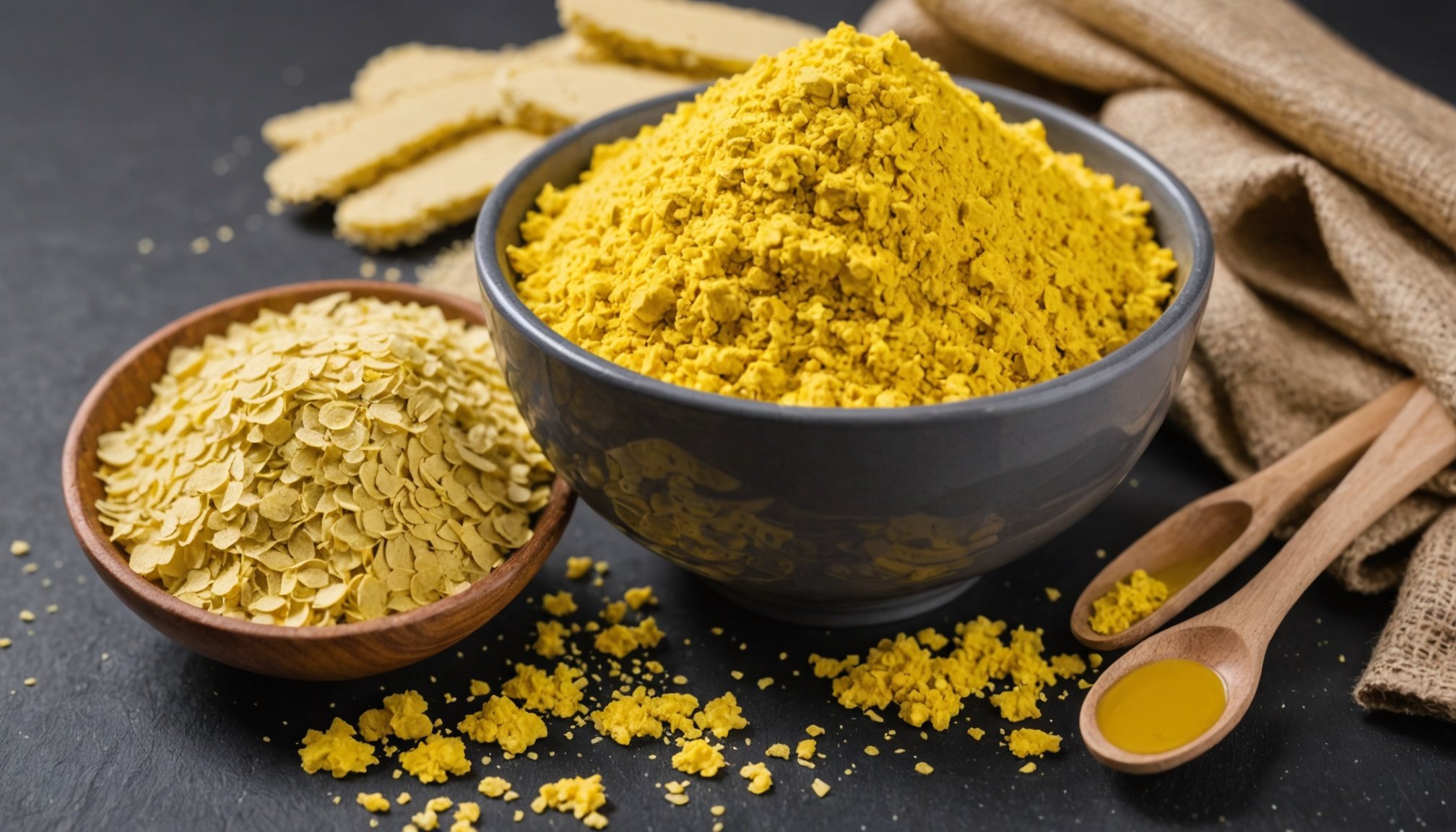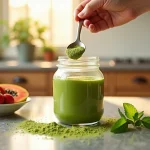The Importance of Vitamin B12 for Vegan Health
Understanding Vitamin B12 is crucial for maintaining optimal vegan health. This essential nutrient plays a vital role in nerve function and the production of red blood cells. It also contributes to DNA synthesis, underscoring its importance in various bodily functions.
Vegans are at a higher risk of Vitamin B12 deficiency due to the absence of this nutrient in plant-based foods. Common health issues linked to B12 deficiency include fatigue, weakness, and neurological problems, which can become severe if not addressed promptly.
This might interest you : Enhance your health: top superfood supplements to try
Given these risks, it’s imperative for vegans to engage in regular monitoring of B12 levels. Regular blood tests can help detect deficiencies early, allowing individuals to take necessary preventive measures. Additionally, vegans may need to consider B12 supplements or fortified foods to maintain adequate nutrient levels.
To ensure comprehensive nutritional benefits, incorporating these practices into daily routines can make a significant difference. Empowering oneself with the right information and resources can foster better dietary choices, ultimately enhancing vegan health. Regular dietary review and responsiveness to bodily signals remain paramount for maintaining the delicate balance of nutrients critical for well-being.
In the same genre : Unlocking the benefits: how indoor vertical gardens enhance urban air and boost mental well-being
Challenges of Vitamin B12 for Vegans
Navigating a vegan diet brings unique challenges, especially regarding Vitamin B12. Unlike diets inclusive of animal products, a plant-based lifestyle typically lacks natural sources rich in B12. This absence means vegans often face potential nutritional gaps. Such deficiencies can lead to significant consequences over time, such as nerve damage, cognitive decline, and anaemia.
These consequences of prolonged Vitamin B12 deficiency highlight the importance of proactive management within vegan nutrition. Vegans aren’t helpless in the face of these dietary challenges. One effective strategy is the use of B12 supplementation. Fortified foods and high-quality supplements offer reliable alternatives to animal-derived sources. However, not all supplements are created equal. It is crucial to select supplements with enough bioavailability to ensure the body absorbs them effectively.
This approach to supplementation forms part of a broader strategy to maintain a balanced diet. Identifying fortified foods like certain breakfast cereals, plant-based milks, and nutritional yeasts can provide additional nutritional benefits. Incorporating these products into daily meals can bridge the gap that a pure vegan diet naturally has regarding Vitamin B12.
Nutritional Yeast as a B12 Source
Nutritional yeast is a versatile star ingredient in the vegan culinary world, offering a rich nutritional profile. It’s not only a great source of protein and fibre but also a reliable means for B12 supplementation. Nutritional yeast often comes fortified with Vitamin B12, making it an excellent alternative for those following a vegan lifestyle. But how can you ensure you’re getting the right product?
When purchasing, always look for labels that specifically mention B12 fortification. These products are adeptly crafted to ensure sufficient levels of the vitamin, bridging potential nutritional gaps in a vegan diet. Comparatively, nutritional yeast stands out among other B12 dietary sources due to its ease of use and incorporation into meals.
In evaluated vegan sources, nutritional yeast provides the dual advantage of being easily integrated into diverse meal types while enhancing flavours distinctly. Whether sprinkled over popcorn or stirred into sauces, its benefits are manifold. Recognising and incorporating such fortified products can significantly support vegans in achieving their necessary Vitamin B12 intakes effortlessly. Always prioritise quality and content, keeping health as a central focus in dietary choices.
Incorporating Nutritional Yeast into a Vegan Diet
Adding nutritional yeast to your meals is an innovative way to boost flavour and nutritional value. Its savoury, cheese-like taste makes it a favourite in vegan recipes, offering versatility that enhances various dishes. How can you integrate this powerhouse ingredient into your diet?
First, try these easy recipes: sprinkle nutritional yeast on popcorn for a healthy snack, stir it into vegan mac and cheese for a creamy texture, or mix it into scrambled tofu for a wholesome breakfast option. These simple applications are just the beginning.
To incorporate nutritional yeast into your everyday meals, consider using it as a seasoning. You might dust it over soups, salads, or roasted vegetables. Additionally, blending it into sauces and dips can amplify their taste while adding a nutritional boost.
Looking for creative uses? Try making a dairy-free cheese sauce or pesto, both enriched by nutritional yeast. The yeast not only enhances flavours but also elevates textures, giving dishes a more satisfying mouthfeel. By experimenting and finding what suits your palate, you can gracefully include nutritional yeast, ensuring its many benefits support your vegan diet.
Monitoring and Absorption of Vitamin B12
Understanding the factors that influence Vitamin B12 absorption is crucial for maintaining optimal health, especially for those on a vegan diet. B12 absorption can be affected by several elements, including age, digestive health, and the presence of intrinsic factor, a protein essential for B12 uptake in the intestines. Without sufficient intrinsic factor, even a diet rich in B12 could lead to deficiency.
Regular blood tests can effectively monitor B12 levels, providing critical insights into whether one’s dietary intake meets nutritional needs. For vegans, such testing is indispensable to prevent B12 deficiency and manage potential gaps in their diet through timely intervention.
When dealing with absorption issues, adjusting dietary habits or opting for high-bioavailability B12 supplements may offer solutions. In some cases, fortified foods or specially formulated supplements designed to enhance absorption could be beneficial.
Consulting with healthcare professionals for personalised advice on B12 absorption often proves helpful. Adjusting routine habits and embracing informed dietary choices can lead to better health management. Empowering oneself with the right data and strategies ensures that nutrient levels are maintained, supporting overall well-being splendidly.











